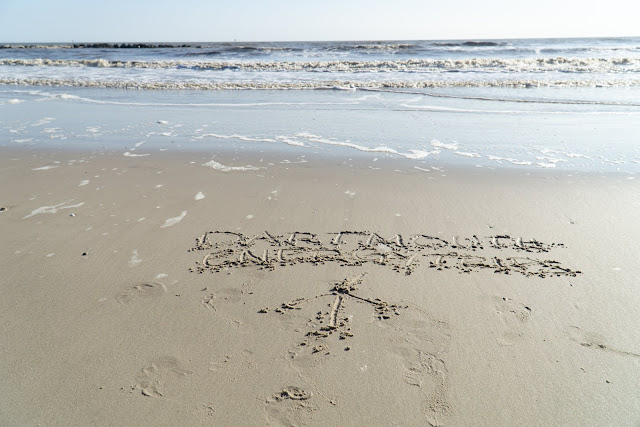First day in Montgomery: Generators, Kick ‘n Pick, and Fish Fry!
After our group’s first full day in Montgomery, West Virginia, we all had a lot to reflect on during our nightly “rose-bud-thorn” session. We were all realizing how much information we’re having to process just from a single day; every moment of the day is an opportunity to learn, whether that be from presentations given by Gary Rider at the AEP London Hydropower Plant, or Dr. Beutler, a biology professor at West Virginia Tech, or just from casual conversations with Mike’s lineman students.

We first visited the American Electric Power London Hydroplant, which was built around the 1930s over the Kanawha River. Plant manager Gary Rider showed us the plant’s three electric generators. Gary explained that the dam has relatively minimal environmental impact because the dam does not cause much temperature change of the water. Some of us struggled a bit to understand the technical side of things, but we realized that it is okay to ask basic questions.

After lunch, we went to Mining Motors Inc., a company that repairs electric motors and has contracts with companies from all over the world, including South Africa and China. We hoped to learn more about a how their business has remained resilient in the face of both booms and busts in the coal industry. After talking to employees, we learned that their business has picked up recently, but the company is hesitant to hire new employees due to industrial instability. The business currently has 12 employees.

Dr. Beutler took us to see an acid mine drainage site in Morris Creek. It was shocking to see the unnaturally bright orange rocks in the water, stained by the iron contamination from the old legacy mine. We had a lot of fun doing a benthic study in the creek with a “kick ‘n pick,” in which we kicked up and picked out different critters from the waterbed. The different invertebrates can indicate the water quality of the creek.

We found crawdads, dragonflies, stoneflies, and waterpennies, among others. We also tested the pH and conductivity of the water. She told us about the Morris Creek Watershed Association’s attempts to counter the acid water with limestone, but they are still experimenting for more effective ways to clean the water. It’s humbling to see the difficulty of the issue, for it reminds us that long term solutions are hard to come by, and it’s admirable to see Dr. Beutler and others of the association put in their time and effort towards finding a solution to help clean up the creek.

Some of us went to the Friday Fish Fry at the local Catholic church, while others stayed home and cooked burritos. At the church dinner, we sat down next to a couple, Jerome and Greta. We were grateful that we talked to Greta, who grew up in Montgomery and has great insights into the local education. After dinner, Mike took us on a little tour around the town.
We have learned a lot about the educational system here. Both Mike and Greta expressed that for many students, a fifteen-week vocational training seems to be a better fit than college. Furthermore, it seems that the moving of the West Virginia University Institute of Technology (WVU Tech) from Montgomery to Beckley has had a big impact on the community. Greta at dinner said that WVU Tech took away with it all the professors, students, and related businesses. It also seems that there’s a general trend of young people leaving the community.

Throughout the day, we hung out a lot with Mike’s line school students and got to interact with them. We realized the power of talking to people one-on-one. We spent weekly education sessions in Hanover learning about many different aspects of life in Appalachia. Yet, no matter how many articles we read, there is nothing as compelling as hearing about real people’s stories and experiences.
It was an exhausting but rewarding day, and we’re ready to rest and prepare our minds for much more learning to come.


Comments
Post a Comment